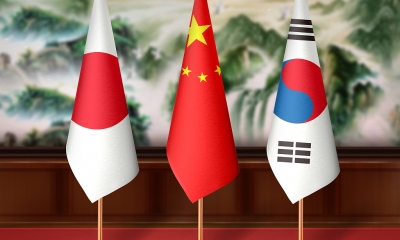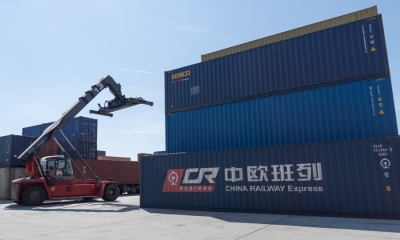Blaming China Won’t Help the U.S. Fight Against Fentanyl Abuse
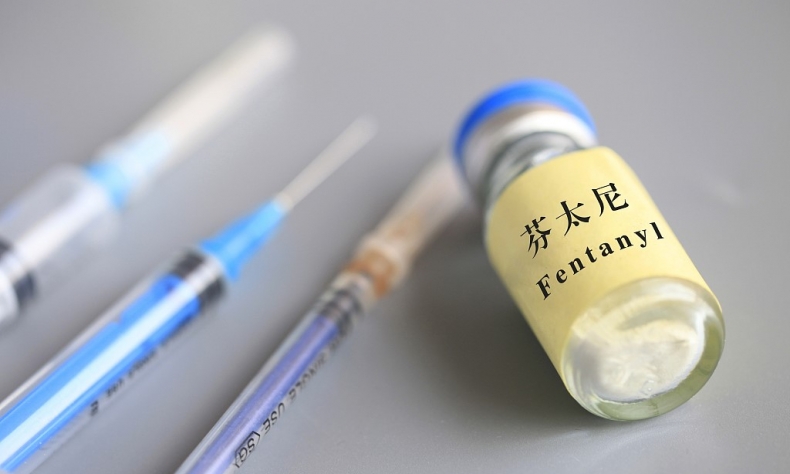
We should anticipate the finger of blame will be consistently pointed at China with suggestions that the country cares little about the health and safety of American citizens.
There are multiple ways to address a crisis. One is to admit there is a problem and legitimately work to solve it. Successes and failures will follow, but rational people will acknowledge that serious work is being done.
Another way: Create a distraction that suggests a symbolic victory but lacks substance. Last week, the United States took this route. It sought to make a big splash in the battle against fentanyl abuse and deaths throughout the country. The headlines were great, but the real problem was not addressed. And, of course, China was portrayed as the bad guy in this symbolic event.
On June 23, the U.S. Department of Justice (DOJ) filed multiple charges against four Chinese companies and eight Chinese people, claiming they trafficked chemicals used to make fentanyl. DOJ officials said all the right words, insisting that the charges were “a down payment on our pledge to use every tool in the government’s arsenal, in every corner of the globe, to protect American communities” from the scourge of fentanyl. We can expect in the coming months that the mainstream media will lap up the high-profile effort the government will make to successfully prosecute the companies and people it alleges are involved in the scheme to traffic the drug. We should anticipate the finger of blame will be consistently pointed at China with suggestions that the country cares little about the health and safety of American citizens.
Justifiably, the Chinese Foreign Ministry reacted to the arrests. “U.S. law enforcement personnel ensnared Chinese nationals through ‘sting operation’ in a third country and blatantly pressed charges against Chinese entities and individuals. This is typical arbitrary detention and unilateral sanction, which is completely illegal,” Mao Ning, spokesperson of the Chinese Foreign Ministry said on June 24. She added that “China is an active participant in international counter-narcotics cooperation. Out of a sense of humanitarianism, China scheduled fentanyl-related substance as a class—the first country to do so in the world—which has played an important role in preventing the illicit manufacturing, trafficking and abuse of fentanyl.”
Therefore, China urged “the U.S. to stop shifting the blame, stop smearing and attacking China” in the statement.
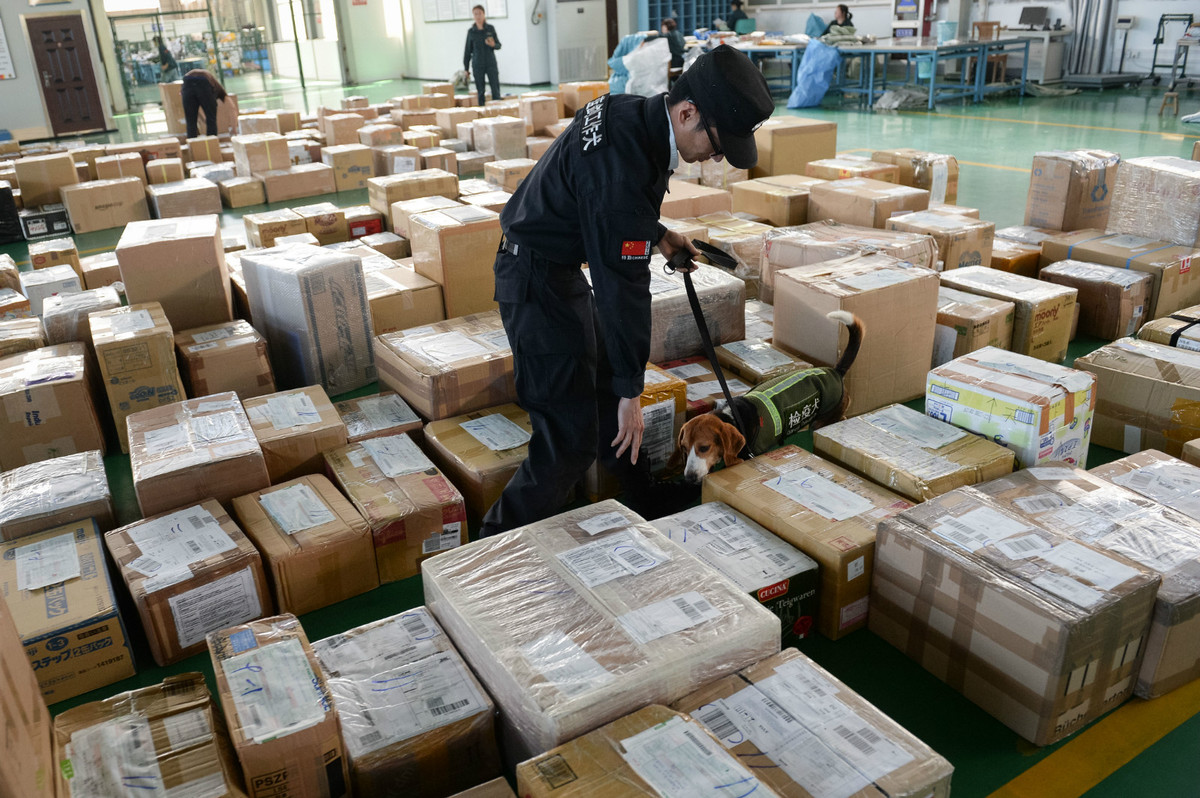
It seriously harms the basic human rights of the Chinese nationals and the interests of the Chinese companies concerned. China strongly condemns this move and has lodged serious démarches and strong protest to the U.S. side.
No one in the U.S. doubts that fentanyl is a real problem; the National Institute on Drug Abuse estimates that roughly 71,000 Americans died from fentanyl abuse or overdose in 2021. That figure swelled to roughly 110,000 last year. The National Institutes of Health has described fentanyl as “a powerful synthetic opioid that is similar to morphine but is 50 to 100 times more potent.” When used legitimately, it assists patients with pain, typically when that pain results from surgery or when other attempts at regulating pain have not worked.
Unfortunately, abuse of the drug is skyrocketing in the U.S. Serious news consumers in America are likely to see at least one local or national news agency report on the crisis each week. As just one example, the Los Angeles Times has noted the homeless in that city are especially vulnerable to fentanyl deaths. Meanwhile, West Virginia, a state which has roughly half the population of Los Angeles, leads the nation in fentanyl deaths per capita. In other words, no American city or state is immune from the deadly drug.
China had been identified as the primary source in developing and trafficking fentanyl. However, a 2020 Drug Enforcement Agency report stated that India has become more prominent in the location production of fentanyl. Why? Because China had been cracking down on companies that were engaged in creating the products needed to make fentanyl. The report stated that companies were shifting to India because of “difficulties obtaining precursor chemicals in China and the increasing pressure from Chinese authorities on fentanyl manufacturing operations.”
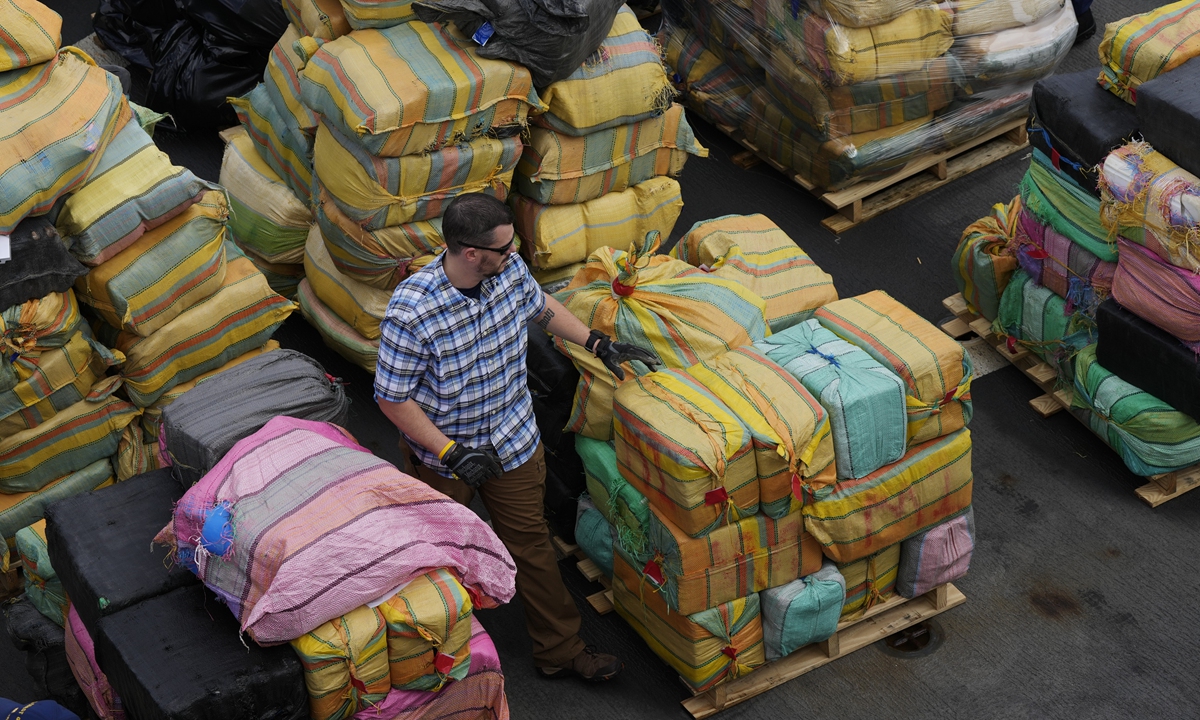
China’s actions were relevant and were working. The New York Times reported in late 2019 that “China’s new focus on shutting down the trade has meant shipments of fentanyl to the United States have declined significantly in the last year, according to Chinese officials, citing figures from the United States Customs and Border Protection agency. The American agency did not dispute that drop.”
However, instead of encouraging the joint efforts on fighting against trafficking Fentanyl-related drugs, the U.S. has imposed unilateral sanctions on China’s counter-narcotics institutions and then slandered China’s counter-narcotics efforts. And now Washington has gone even further.
It is somewhat ironic that India’s prime minister Narendra Modi was in the U.S. when the DOJ announcement was made. One is left to wonder if his carefully choreographed visit included a reminder from President Joe Biden that the U.S. was fully aware of India’s increasing activity in trafficking. There is no public evidence that the two men discussed the topic. We should not be surprised: Washington designed Modi’s visit to accentuate only the positive notes the two countries would hit through increased military, technology and economic deals. In such an environment, an “ally” such as India should not be reminded of the role it is playing in the fentanyl crisis in the U.S. However, an “enemy” such as China must always be identified as an irresponsible actor on the global stage.
The article reflects the author’s opinions, and not necessarily the views of China Focus.
 Facebook
Facebook
 Twitter
Twitter
 Linkedin
Linkedin
 Google +
Google +






